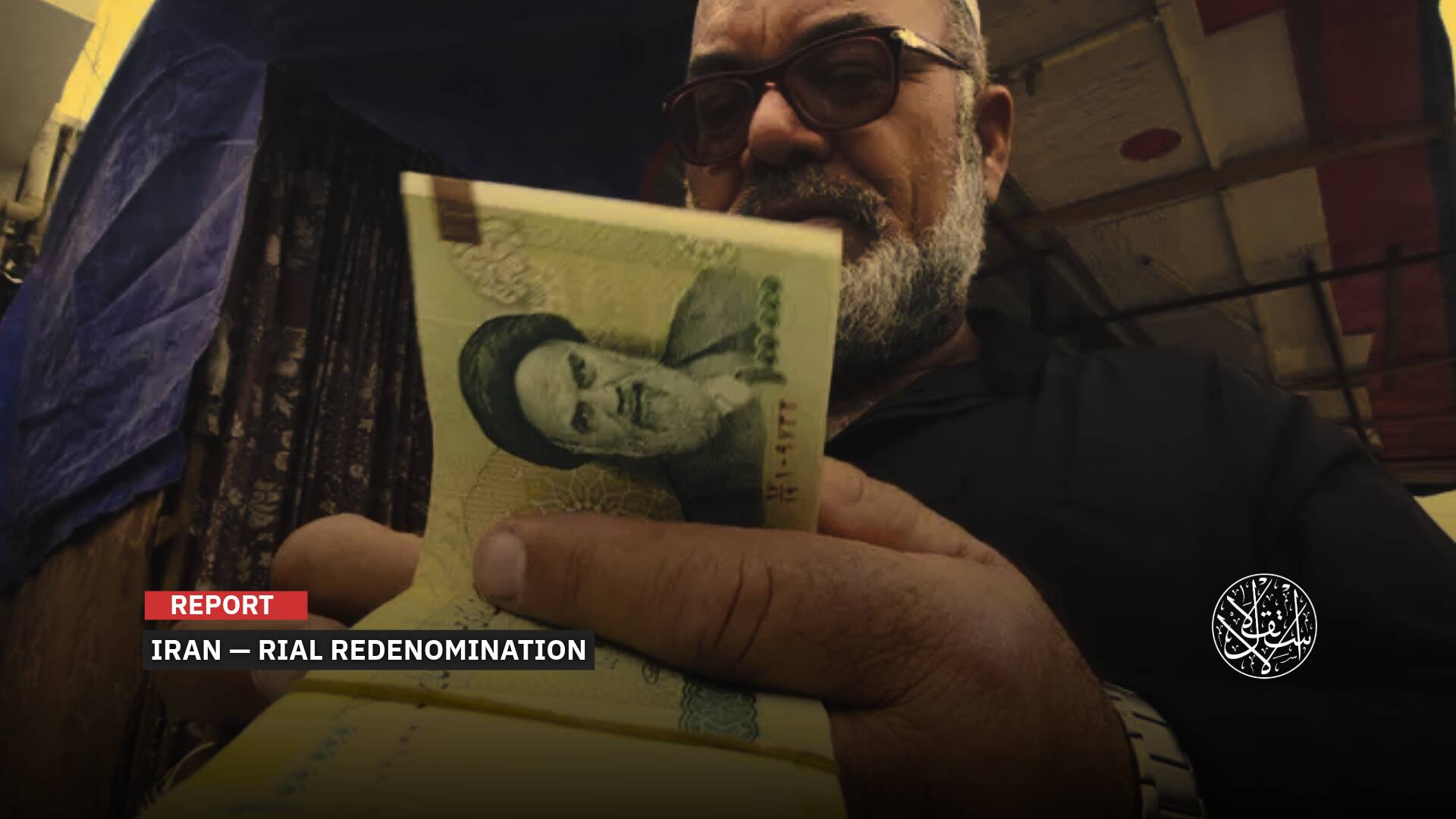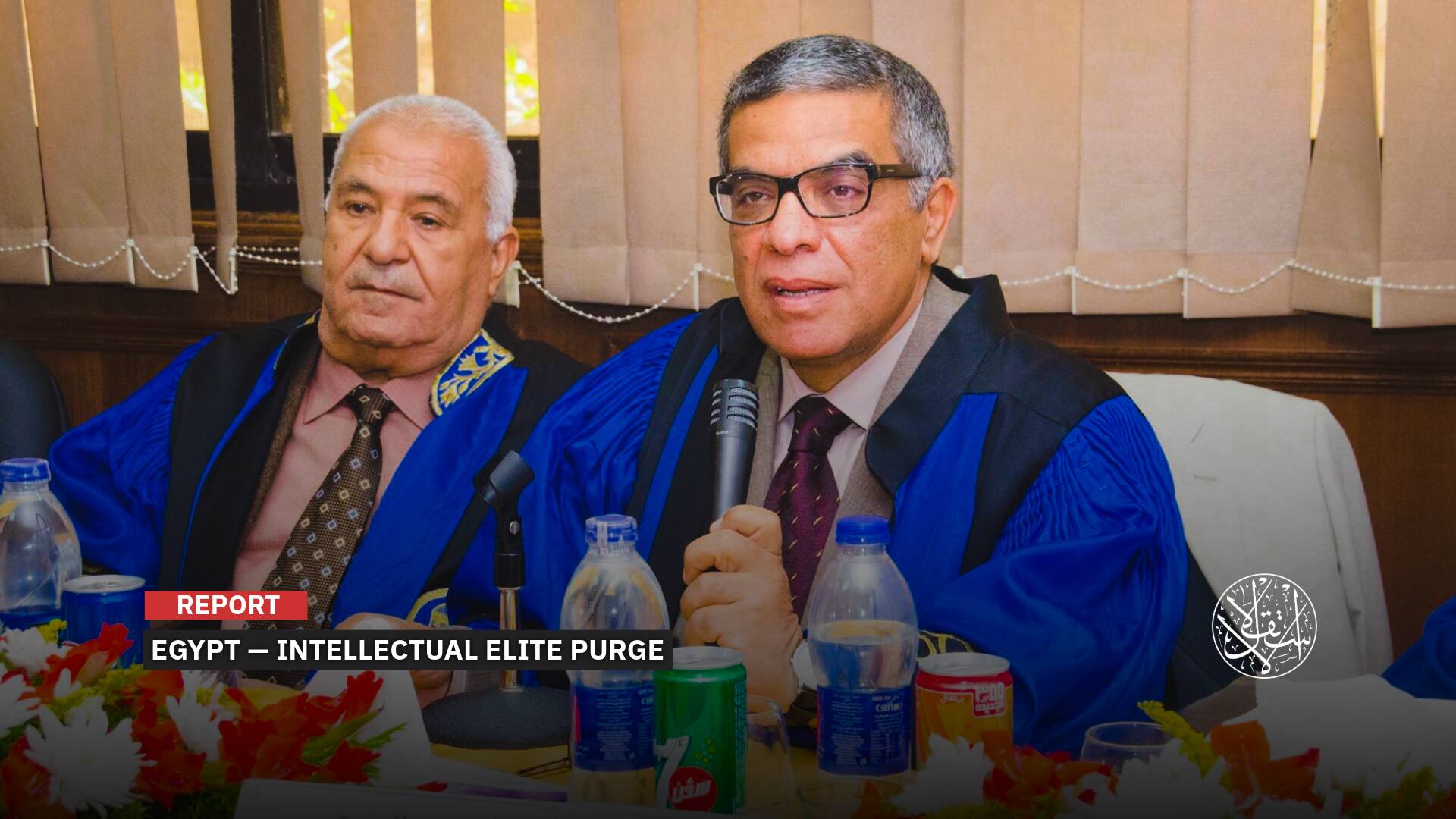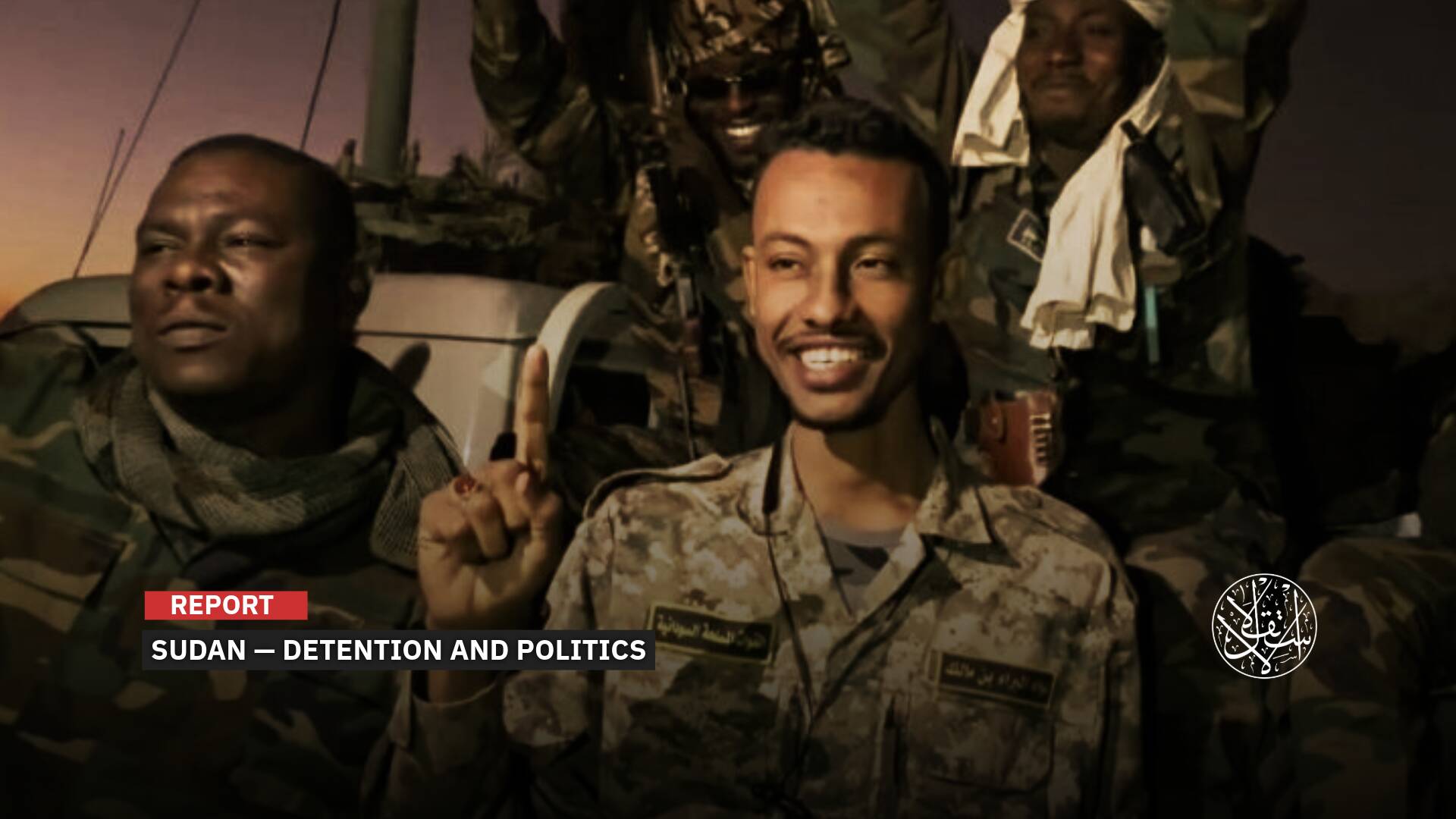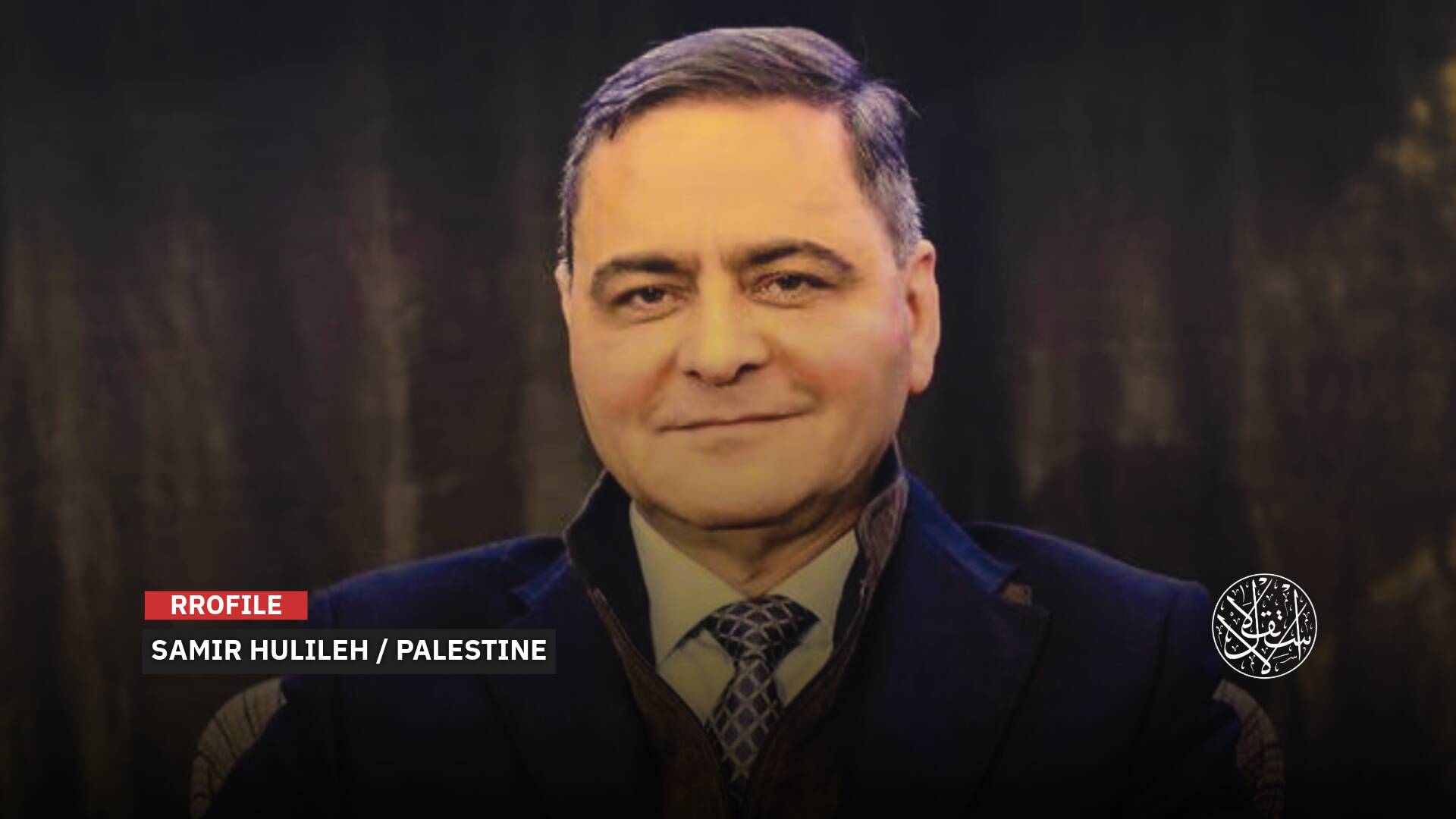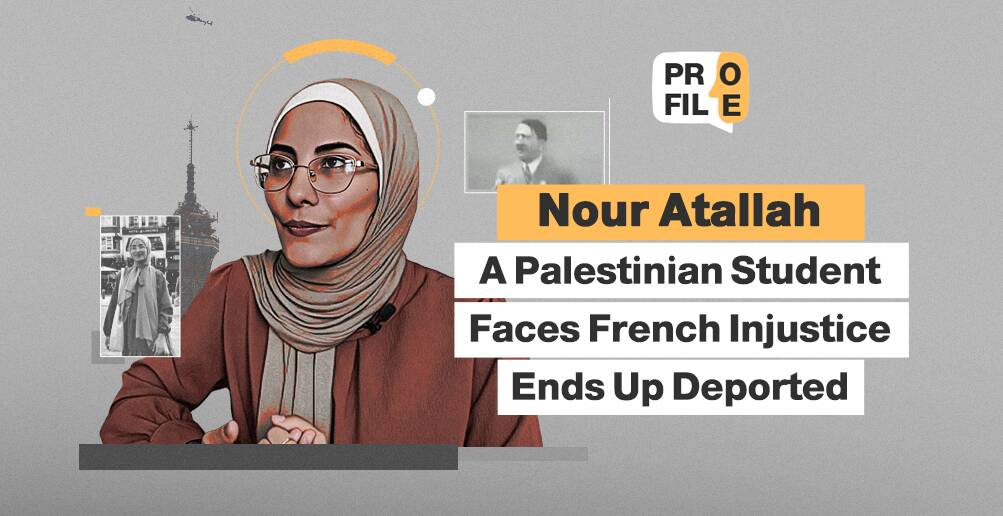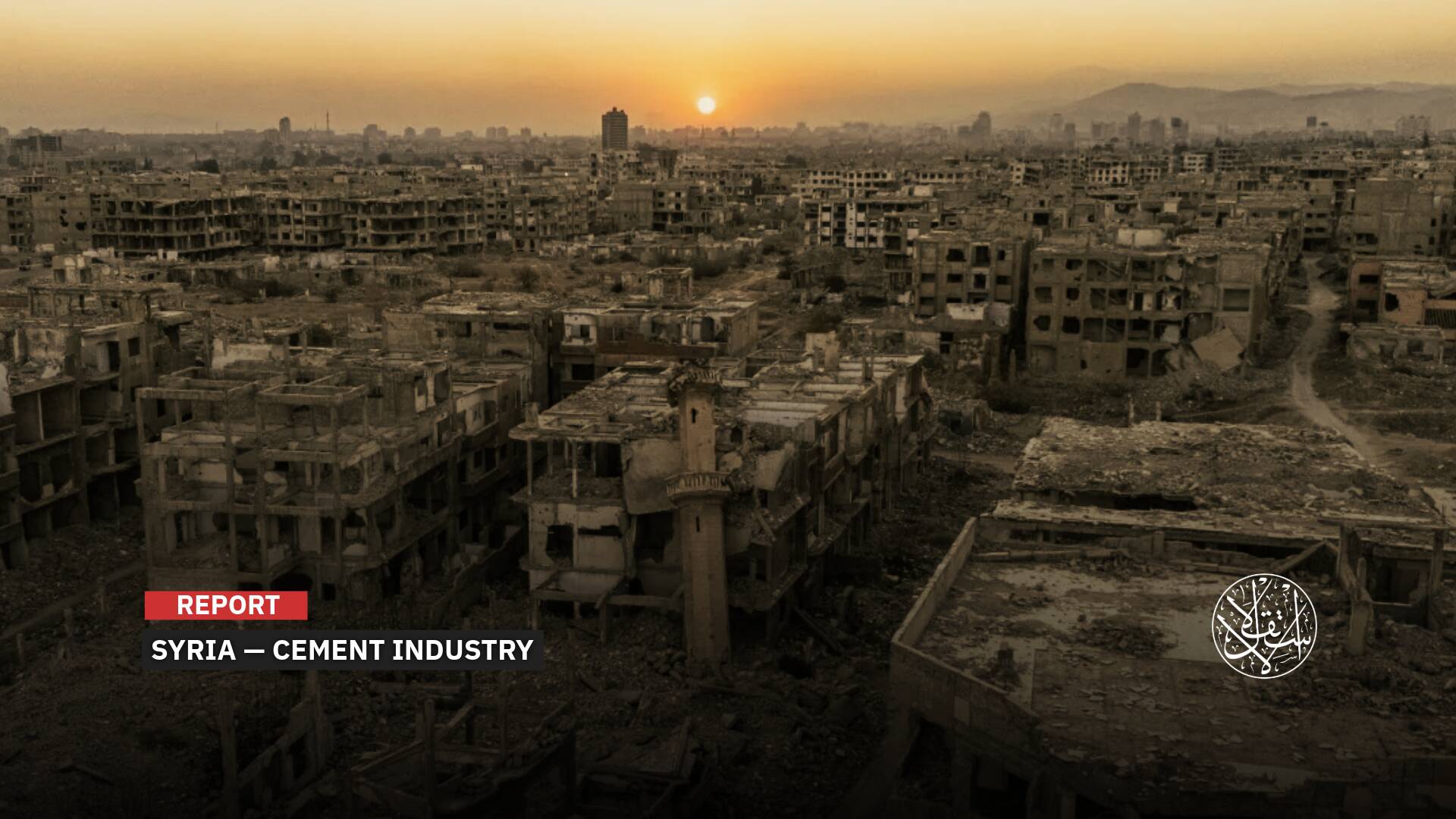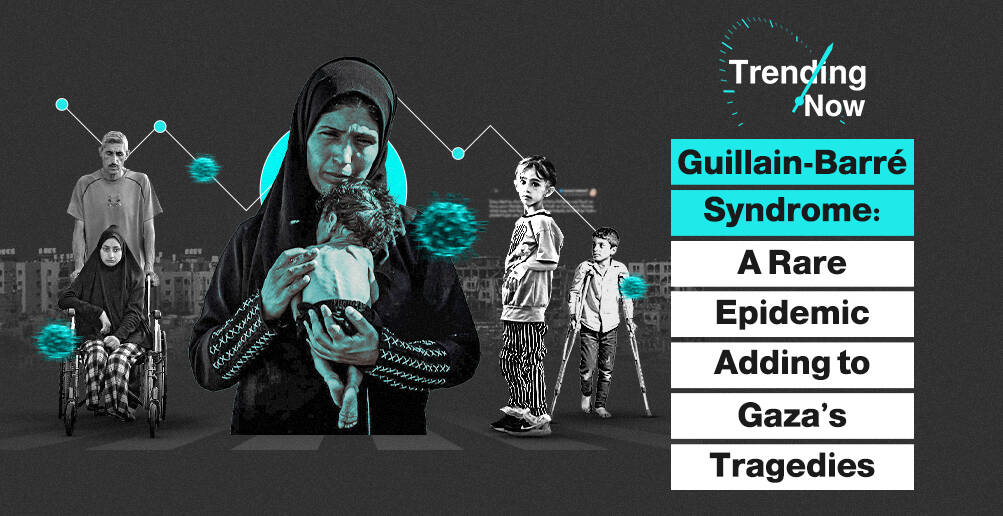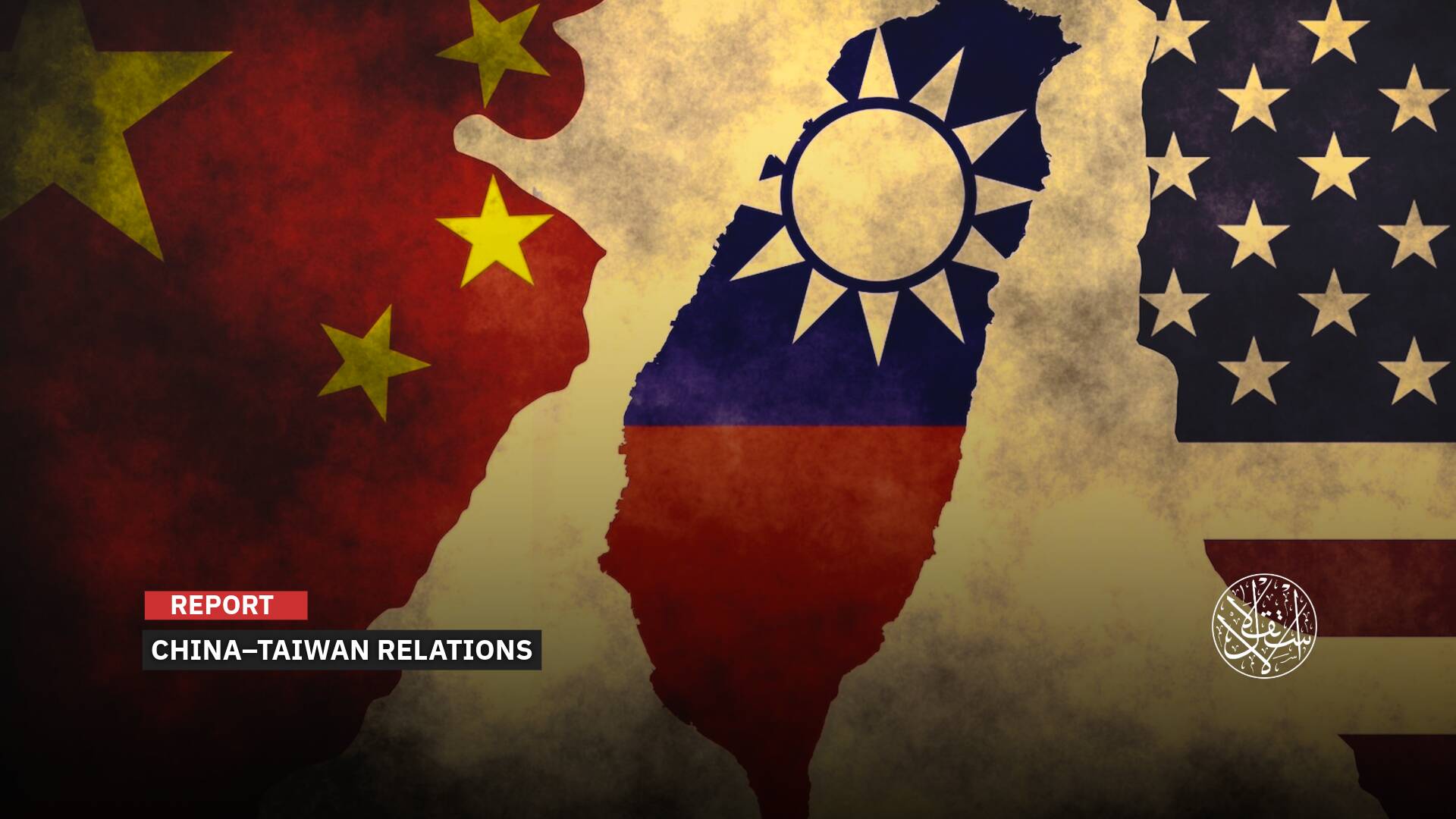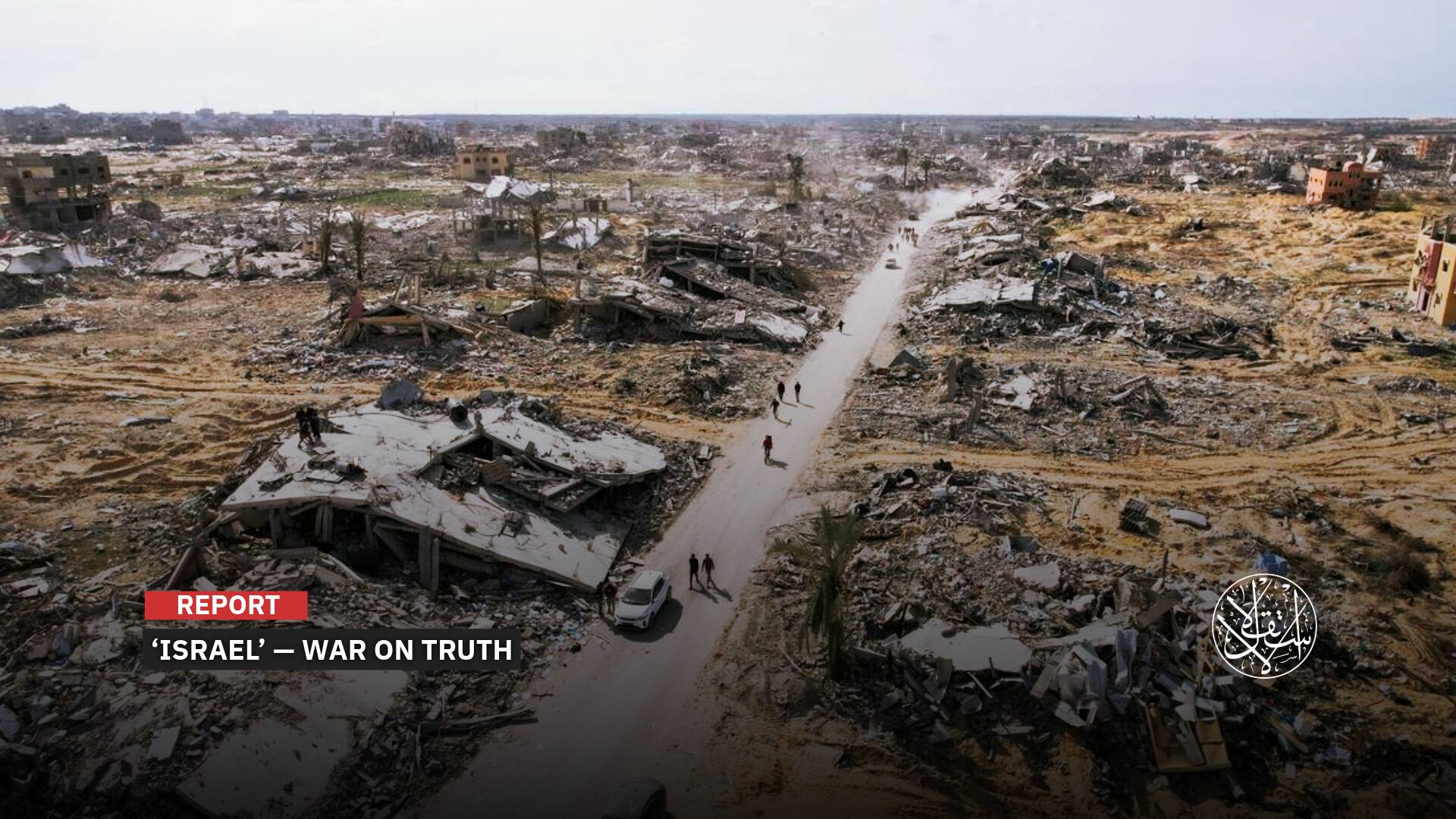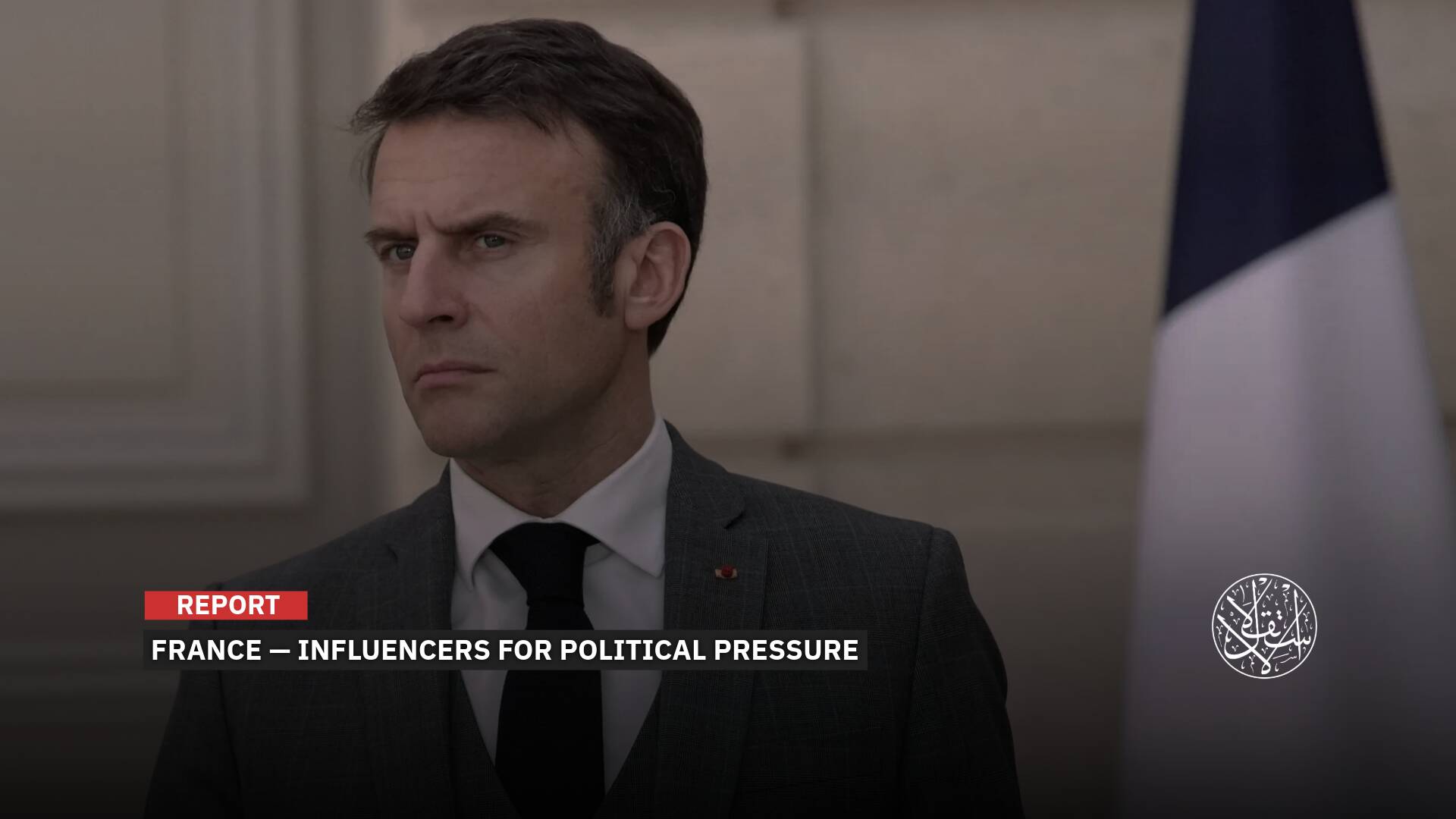Amid Corona, Can Arab Single Parents Adopt a Child?

Why do you want to have children while the world is full of children with no parents, no families, and no warm homes? This is the question that is usually asked to those who want to have families and siblings.
A new trend is spreading among some Arab single parents, especially women, to adopt children who are under the care of dozens of charitable societies and institutions that care for these youngsters.
Corona leads to Adoption
According to official statistics, the number of abandoned children in Morocco is more than 30 thousand, and in Egypt about 10500 thousand, as well as in Libya, Yemen, Iraq and Syria the number is constantly increasing, according to UNICEF reports.
Many insist that the Arab World refuses adoption and makes it hard for single women in particular to follow the adoption process.
Many single Arab girls express their desire to adopt children, as social conditions have changed a lot and radically since the rise in divorce rates and the financial independence of women.

Adding to that, the Corona pandemic destroyed the future of young people as it killed the hope of founding a family and having children. This has prompted many to change the way they think and see life differently.
This desire is witnessing a remarkable rise among Arab single women, but it collides with conservative societal, cultural and intellectual obstacles, in addition to legal complications.
Adoption Obstacles
For those who are married and cannot have children, adoption is the only solution to enjoy the sensation of being mom and dad. Hana Amouri, (a Palestinian, 37 years old), she and her husband adopted a child, and they made the decision, according to her, after “they accepted the decision that they would not undergo treatment to have a child.”
But with the decision to adopt, came the questions and personal fears. Hana says: "My fear was that associations would propose to me a child that I should take from his mother, and this was unacceptable to me even if she was the worst mother in the world."

As for the society’s reactions, Hana sees that most of them stem from ignorance and lack of knowledge of adoption, such as the question: “Where did you get him from?” She continues: “In addition to curious questions such as Do I know his mother? What is his story? They are often questions about the future, linked perhaps to the child’s curiosity to know his biological mother or get to know her, for example a question: If he gets to know her and loves her more than me? I answer that if I am a bad mother to the point that my son loves a woman, he does not know more than me, I deserve it. But he is still young, perhaps there will be more challenges at school.”
Being Different, so Rejected
Women face a long series of legal and societal obstacles. The stories of single mothers with kafala show the societal and legal injustice that may deprive children abandoned by their mothers from being loved and having families.
Dalia, an Egyptian who has reached the age of 40, has not yet been married. She wanted to adopt a child, but the family and the community around her refused, amid accusations and prejudices. The Arab World still does not understand or accept the idea of an unmarried woman having a child, even if it was adopted or through the kafala system.
Dalia's choice came in the midst of her attachment to children, which turned into an obsession. Sometimes she would pick up a child and hold him without regard to his family, who might be afraid of strangers. She spent hours in the children's parks just to watch them play and cry and scream. She decided to work in an evening nursery in order to take care of children, but she still wanted to have a child. A special one she takes care of all day long.
The Ministry of Social Solidarity in Egypt has set conditions that facilitate the procedures of alternative families for widows, divorced women and those who have never been married and have reached the age of at least 30 years, but after the approval of a committee to prove their validity, which includes representatives of the Ministries of Social Solidarity, Health, Education and Interior, the Director of Family Administration and a representative of NGOs Concerned with childhood, the widows and divorced women have often more chances to adopt children than the “single mother”.
After Dalia's success in embracing the little girl, Rawan, and defying society, she received a shock when her admission papers were rejected in a number of international schools. As soon as the paper was submitted and it became clear that the name was different between the real and the surrogate mother, the school director apologized for not completing the interview or ending it quickly, and the results in all schools were the same “unacceptable.” When she inquired, the director of one of the schools told her, “The families of the rest of the children refuse to have adopted children.”
A No-Marriage Family
The obsession with motherhood continues to haunt women even if they are unmarried. Although the perspective of sponsoring orphaned children offers a practical solution to overcome that feeling, it always collides in Arab societies with regressive cultural and intellectual obstacles that put the mother and the sponsored child under the threat of bullying and suspicion. Despite the development of legislation protecting the rights of women and children in Arab societies, the issue of a single mother embracing an orphan child still creates a kind of extremism in which society's norms are intertwined with laws.
As usual, Tunisia is exceptional in the Arab countries, when a historic court ruling was issued, which was described as bold, and is the first of its kind in the history of the Tunisian and Arab judiciary. It was the adoption by a single girl of a child of unknown parentage who has reached the age of 4 years (despite the fact that the Adoption Law of 1958 stipulates the condition of marriage in the adoptive person), the general situation is not different from the rest of the Arab countries, and even some Western countries, where single women are seen as not qualified to be a mother.
In the Tunisian example, the situation of the girl was the reason behind this decision, as it was stated in the ruling issued on July 12, 2018 that the adopted little girl suffers from a delicate health condition, as she has one leg amputated, and no family has come forward to adopt her despite her advanced age, reaching the age of 4 years, with the exception of the adoption applicant who expressed her willingness to take care of the girl child, ensure her care, and provide all health supplies to treat the disability she suffers from.


